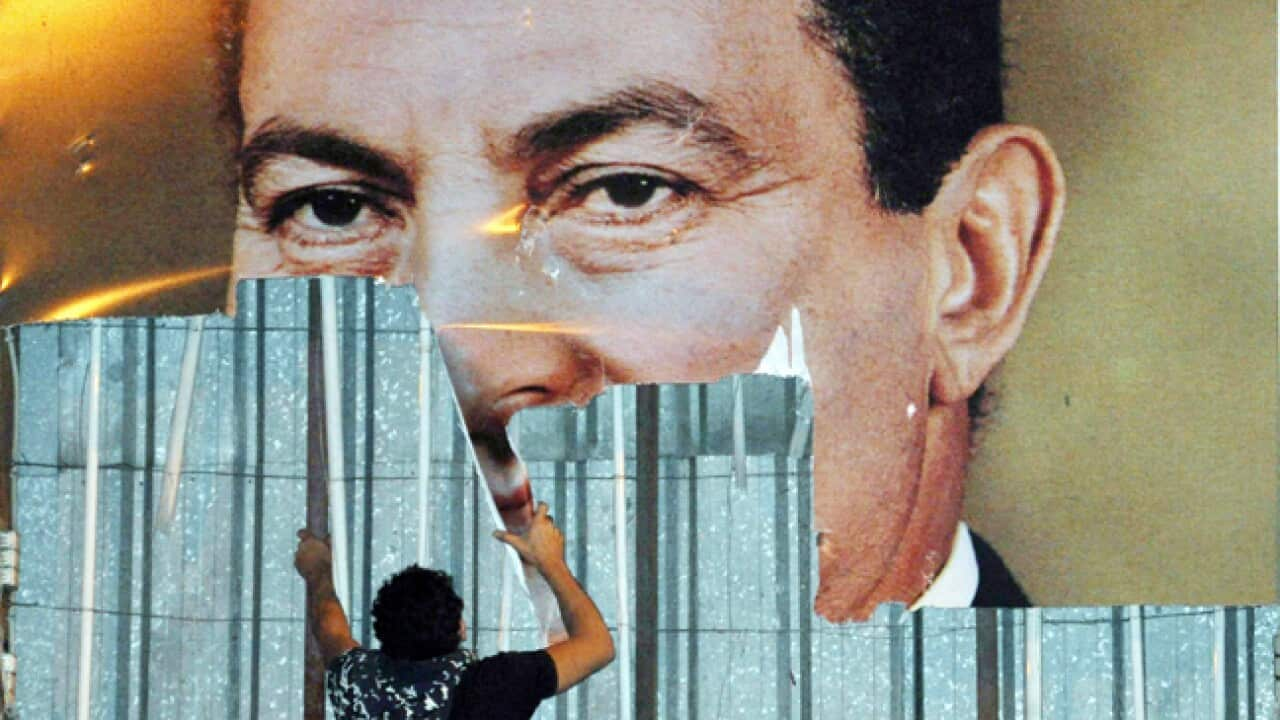Egypt's state prosecutor has ordered ex-president Hosni Mubarak's transfer to a military hospital after a medical exam showed his health was stable enough for the move.
The move would be temporary until preparations are completed at a Cairo prison hospital for the former strongman, who is under detention in a Red Sea resort hospital on suspicion of involvement in the deaths of protesters.
The military hospital was not specified but security sources have said it was likely to be the International Medical Centre on the outskirts of Cairo.
Prosecutor Abdel Maguid Mahmud's office said a medical team he sent to the Sharm el-Sheikh hospital determined that Mubarak was "in stable condition with medical treatment."
Mahmud "tasked the interior minister to expedite preparations in the hospital" of Tora prison, where Mubarak's two sons and a growing number of ex-regime officials have been detained, it said in a statement.
The hospital would need intensive care facilities to deal with any sudden deterioration of the 82-year-old's heart condition, it said, adding the preparations could take one month.
When Mubarak was first remanded earlier this month, the prosecutor asked the interior minister to prepare for his transfer to the prison hospital but was told it was not equipped to handle an intensive care case.
Mubarak, who has denied any wrongdoing and pledged to die in Egypt, had become a thorn in the side of the ruling military council to which he handed power on February 11, despite his past as an air force commander.
His trial was a key demand of tens of thousands of protesters who staged mass demonstrations in Cairo's iconic Tahrir Square.
An official commission set up to investigate deaths during the 18 days of protests that forced Mubarak out of power said in a summary of its report released last week that 846 civilians and 26 policemen died in the revolt.
It found that most of the dead were shot in the head and chest, indicating the use of snipers.
Mubarak himself was complicit in the killings, according to the secretary general of the commission, who told reporters he must have been consulted before the use of live fire against protesters was approved.

